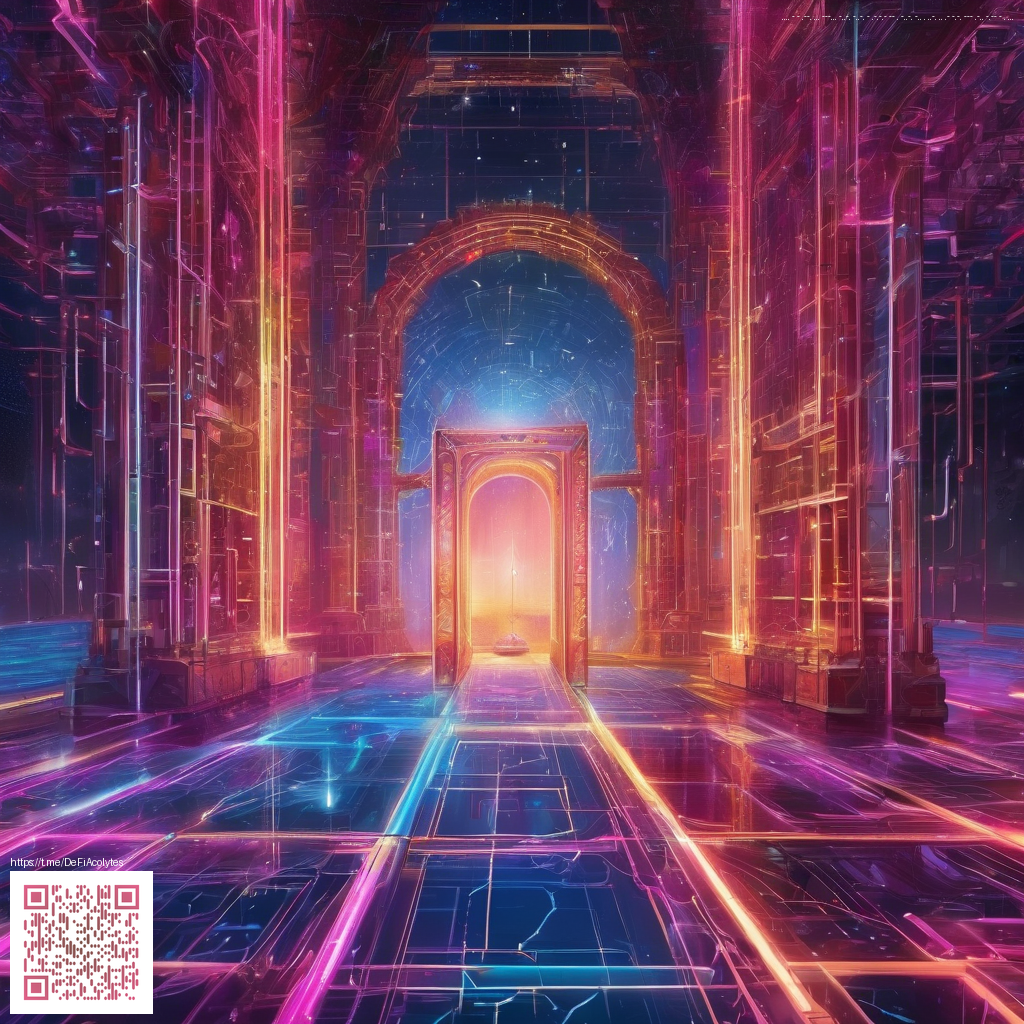
The Storm-Wracked Hitchhiker
Rain hammered the windshield in a relentless drumbeat, turning the two-lane highway into a silver river. The road glowed with the halos of passing cars, but beyond the glare there was only the black throat of night and the roar of the storm. I drove with the heater on high, listening to the weather report crumble into static, when a figure appeared at the edge of the shoulder—wet, thin, and very still—thumb raised like a cross against the wind.
He climbed in without a word, and the air in the car shifted as if someone had turned a key in a forgotten door. His coat clung to him in ragged folds, rain stitched to fabric as if the storm itself had tailored him. His eyes, pale and persistent, found mine in the mirror and would not look away. He spoke only after a long, listening pause, as though the wind carried his thoughts for him: drop me where the river forgets the road—and do not look back.
We ride to where the rain ends, and the rain remembers your name.
There was something ceremonial about his request, something old as the storm: a place you can only reach when the weather swallows the world whole. The road twisted toward a bend where an old mill once stood, now a silhouette against a sky that seemed to breathe with every gust. He pointed with a gloved finger toward a gate long since rusted shut, and I found myself nodding even though the map in my lap offered no such destination. The car obeyed, tires sighing on slick asphalt, and the storm pressed in closer, as if eager to listen to our conversation.
- The coat sleeve that should have hung loose around his wrist instead clung to his hand as if stitched to him by rain itself.
- A pocket watch ticked backward, its ornate face slipping into a counterclockwise rhythm that matched the wind’s howl.
- A photograph in his breast pocket showed a man with the same hollow eyes, standing under a bridge that hummed with floodwater—dated yesterday, yet somehow older than yesterday.
When we finally slowed at the edge of the river’s bend, the world seemed to exhale. The road dropped away from the pavement like a old book spine loosening, revealing roots and water where pavement should have been. The hitchhiker’s breath fogged the glass, and his voice—a whisper now—carried a taste of rain and something else: a memory, perhaps, or a debt owed to a storm that never fully died. The river spoke in ripples, a language only the storm could translate, and the man beside me waited with the patience of enduring wind.
The moment I reached the place he asked for—the old mill road, where the map ends—the headlights found nothing but broken timber, a gate swinging on a hinge that squealed like a trapped animal, and water that looked back at us through the curtain of rain. He opened the door before I could, stepping into the sea of spray with a calm I could not own. “I’m ready now,” he said, and with a final, almost friendly nod he disappeared into the night, leaving behind the scent of wet wool and the echo of a rain-soaked goodbye.
When I fumbled for the ignition again, the storm eased, as if relieved to concede its choice. The road ahead looked suddenly ordinary, as if we had crossed into a memory that no longer remembered me. Behind the windshield, a figure—perhaps my own reflection, perhaps not—stared back with the same pale eyes. The storm had taken him; perhaps it had left me with a question: who rides the storm’s memory when the rain ends, and who becomes the next traveler on the storm-wracked road?